She used to run by Bellaire as an undergraduate at Houston Christian University.
Now she is one of the frontrunners for a new telehealth initiative provided by Bellaire. It’s her first year.
Hazel Health, a third-party organization partnered with HISD, offers free virtual healthcare, mental health and physical health services for all students, regardless of insurance. The program is primarily implemented by counselors, social workers and school nurses, who refer students to Hazel Health.
On Oct. 16, social worker Stephanie Aguilar received recognition from Hazel Health for being one of the top Hazel Health referrers.
“[The recognition] was surprising because it’s my first year,” Aguilar said. “I’m just doing what feels right and it’s been working.”
After being a pilot program for 5 years at a small number of schools in the district, 2024 marks the first time Hazel Health has been implemented across HISD. The counselors and the school nurse at Bellaire received training for the program before school started. HISD does not have set positions for social workers and therefore does not provide specific training for them. Nonetheless, on Aug. 6, Aguilar also received training.
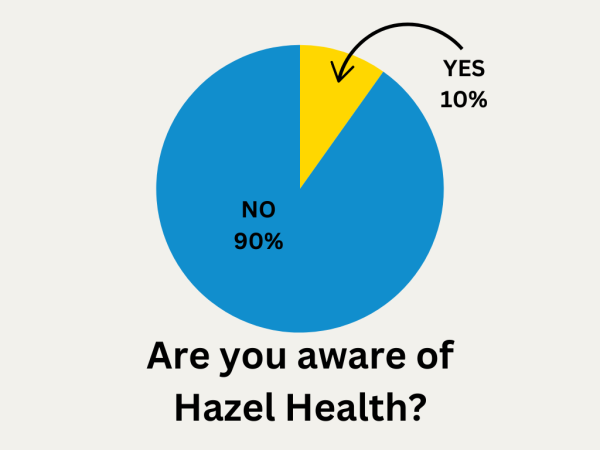
“I don’t really know if [the training] was what I was supposed to do, but I liked it so much and what they were doing that I just took the training to heart,” Aguilar said.
So far, the counselors and social worker have referred over 80 students, according to counselor Corina Olguin.
“As counselors, we try really hard to help as much as we can, but sometimes we need outside help,” Olguin said. “The district made sure that we all did training about [Hazel Health], and knew how it worked.”
Even though Hazel Health offers both mental and physical health services, most students use it for the mental health aspect. The mental health side of the program consists of six to eight 45-minute sessions every week with a therapist to help students build skills to counteract mental health challenges.
“Whenever our kiddos come to us, a lot of them have a lot of stress or anxiety [and] a lot of them are dealing with depression,” Olguin said. “A lot of them are [also] dealing with big home issues, so they need help with their mental health.“
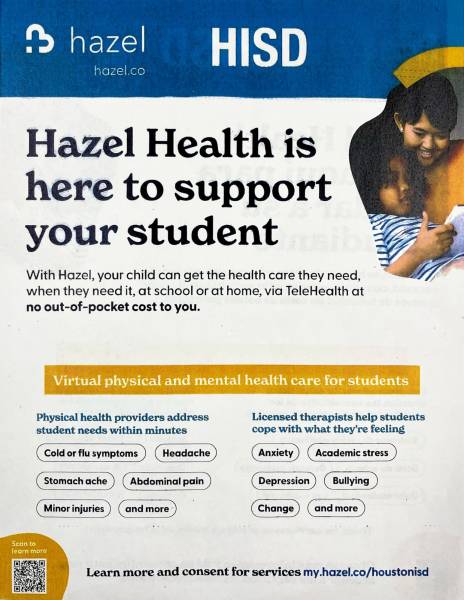
According to Aguilar, about 99.9 percent of the time, students are interested in participating in Hazel Health when they learn about it. Part of the reason why Hazel Health is so appealing is how flexible the sessions are.
“If kids have Wi-Fi at home, they can do [their session] at home from the comfort of their own room or safe space,” Aguilar said. “We also offer it during school if their grades are good, [and] we have a little safe spot in the nurse’s office [for Hazel Health meetings].”
As participation in the program has grown, Aguilar has seen positive changes in students who have participated.
“I have seen kids open up more,” Aguilar said. “I’ve seen them start to make [more] friends. They come to me at first and they’re just like, ‘I don’t really have anybody to talk to.’ Next thing I know, they’re trying to be a manager for basketball and hanging out with [friends].“
Aguilar has also created Our Club, an after-school community to provide students with a support group outside of school. Currently, there are 15 to 20 students in the club and they meet on Mondays and Wednesdays from 4:15 p.m. to 5:30 p.m.
“Whenever I refer [students] to Hazel Health I let them know, ‘Hey, if you’re feeling alone we [also] have a place of community to [help you] feel like you belong somewhere,” Aguilar said. “Some of my kids in that group have blossomed socially.”
Since this is the first year of the program, there have been many challenges in implementing it, with the biggest one being parent contact.
“I’ll call the parent, and the parent will say, ‘Yes, please,’ [to enroll in Hazel Health] but then when Hazel Health calls them to set up, they won’t respond,” Aguilar said. “And then I’ll call them again and I’ll say, ‘Hey, what’s going on?’ and they say ‘yes’ again, but then they won’t [follow up].”
A survey asking students if they knew about Hazel Health showed that 110 out of 122 people were not aware of the program. However, the few that use the resource are positively impacted, according to Aguilar. Aguilar plans to increase participation in the program because of how successful it is.
“Now that I’m actually getting the hang of things, and I know that it’s making an impact, I want to do something to advertise it to students, to make students more aware,” Aguilar said.
Being the largest high school in HISD also causes additional issues in implementing Hazel Health. School nurse Chantini Thomas is balancing the health of more than 3,000 students, and Hazel Health adds another challenge. Thomas uses Hazel Health to connect students with a health provider if they need medicine, but the parent consent required to participate adds an additional step for Thomas.
“It’s been very hard for the large high schools to pull [Hazel Health] out this year because you’re thrown with something brand new,” Thomas said. “It’s a whole process that you have to go through, and it’s been really hard.”
Despite the challenges, Olguin is proud of her students and their involvement in Hazel Health.
“I’m just very proud of the fact that kids are now realizing that [Hazel Health] is there [for them],” Olguin said. “It makes me feel very proud when they advocate for themselves and they ask for help.”


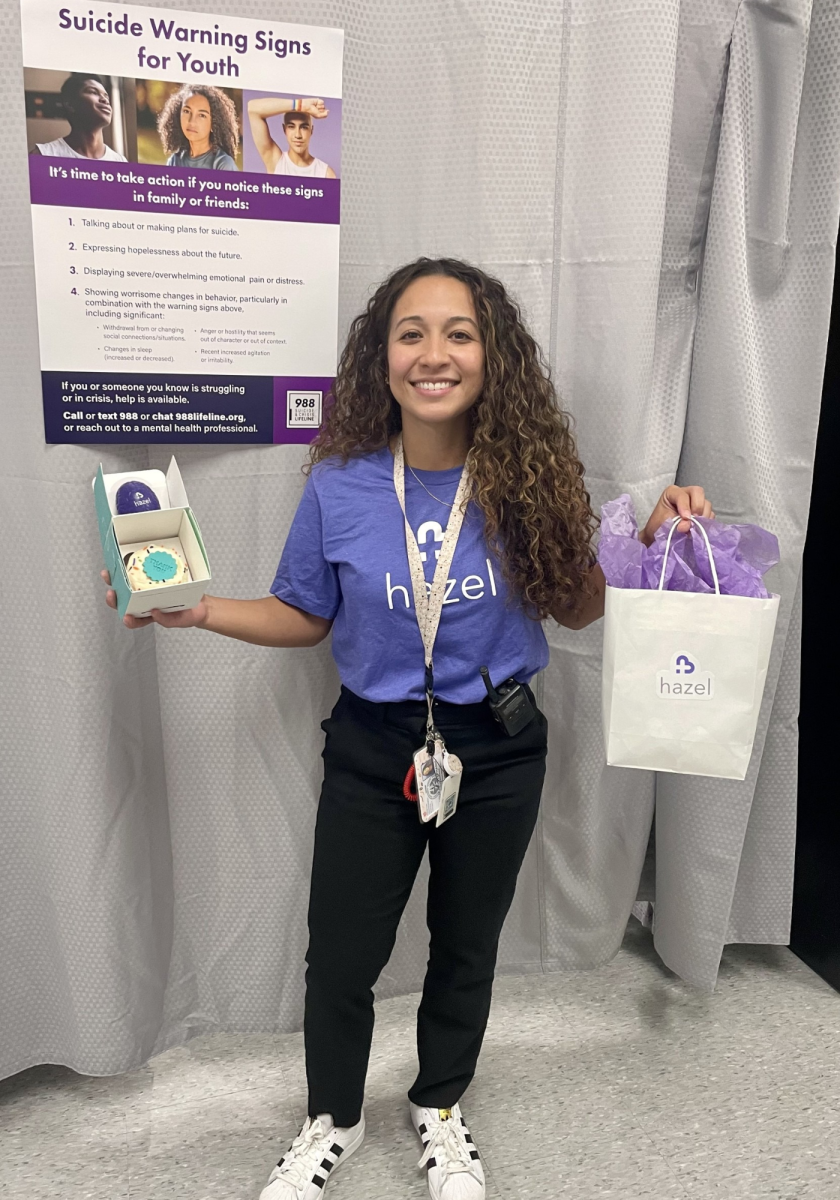
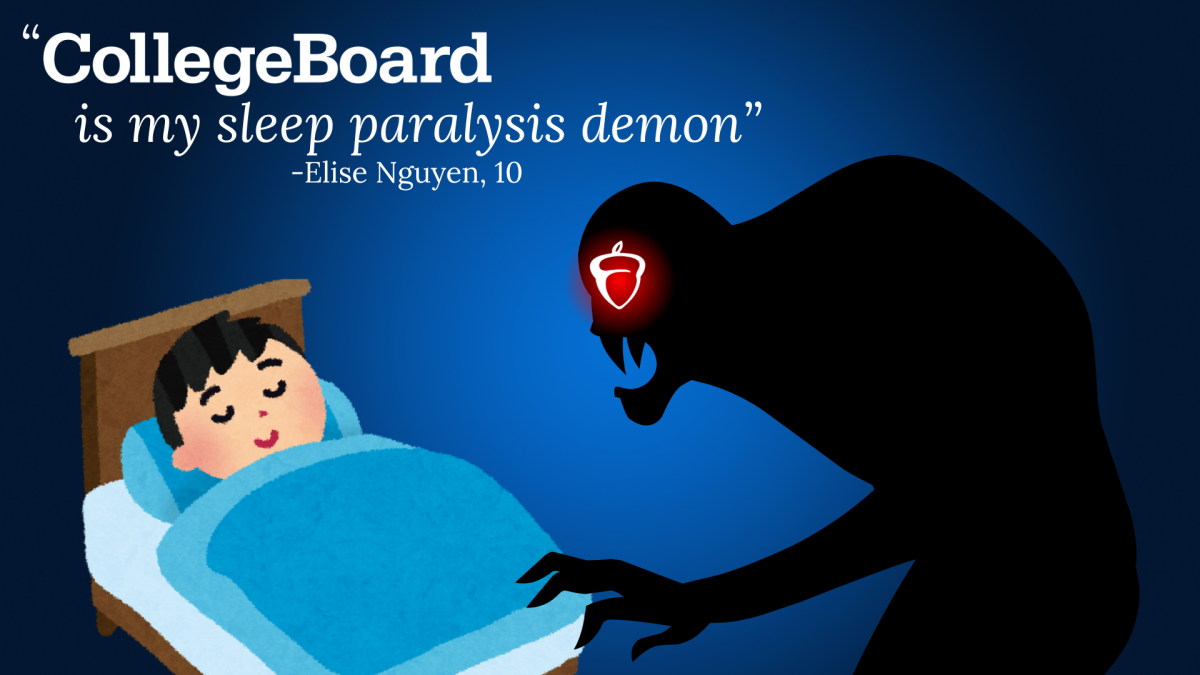
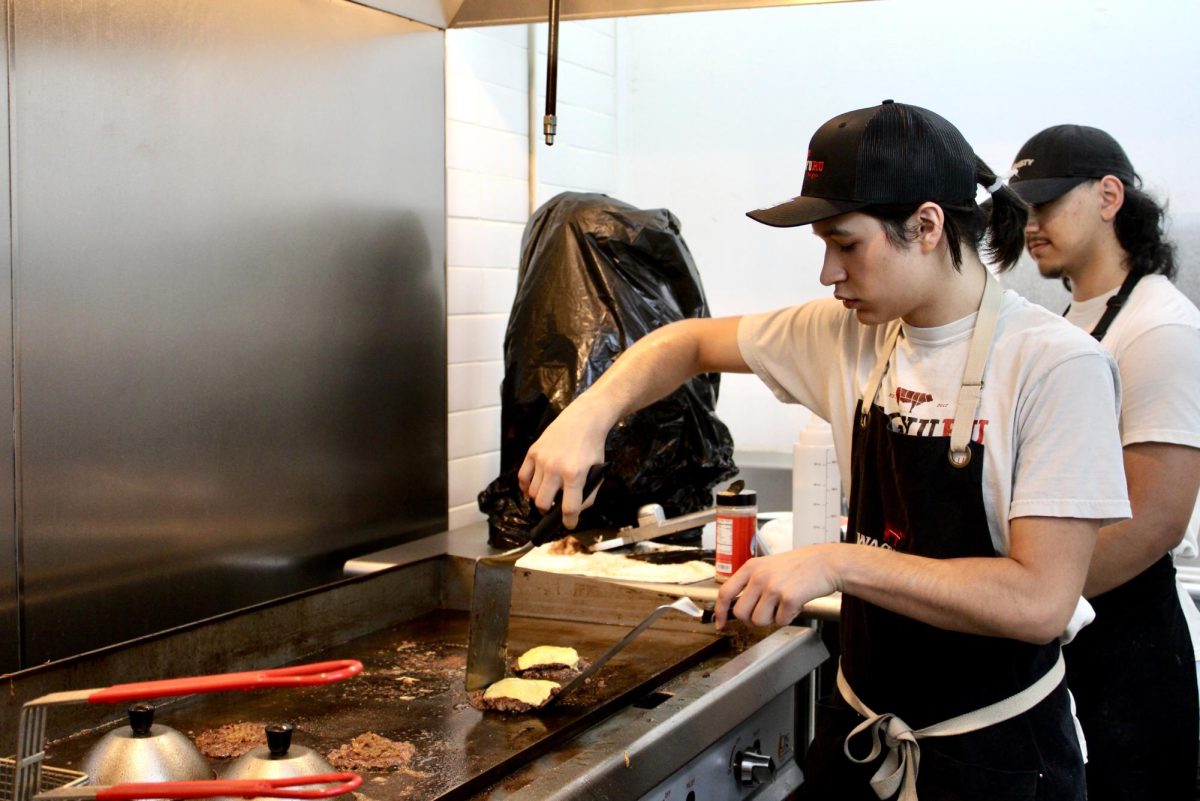

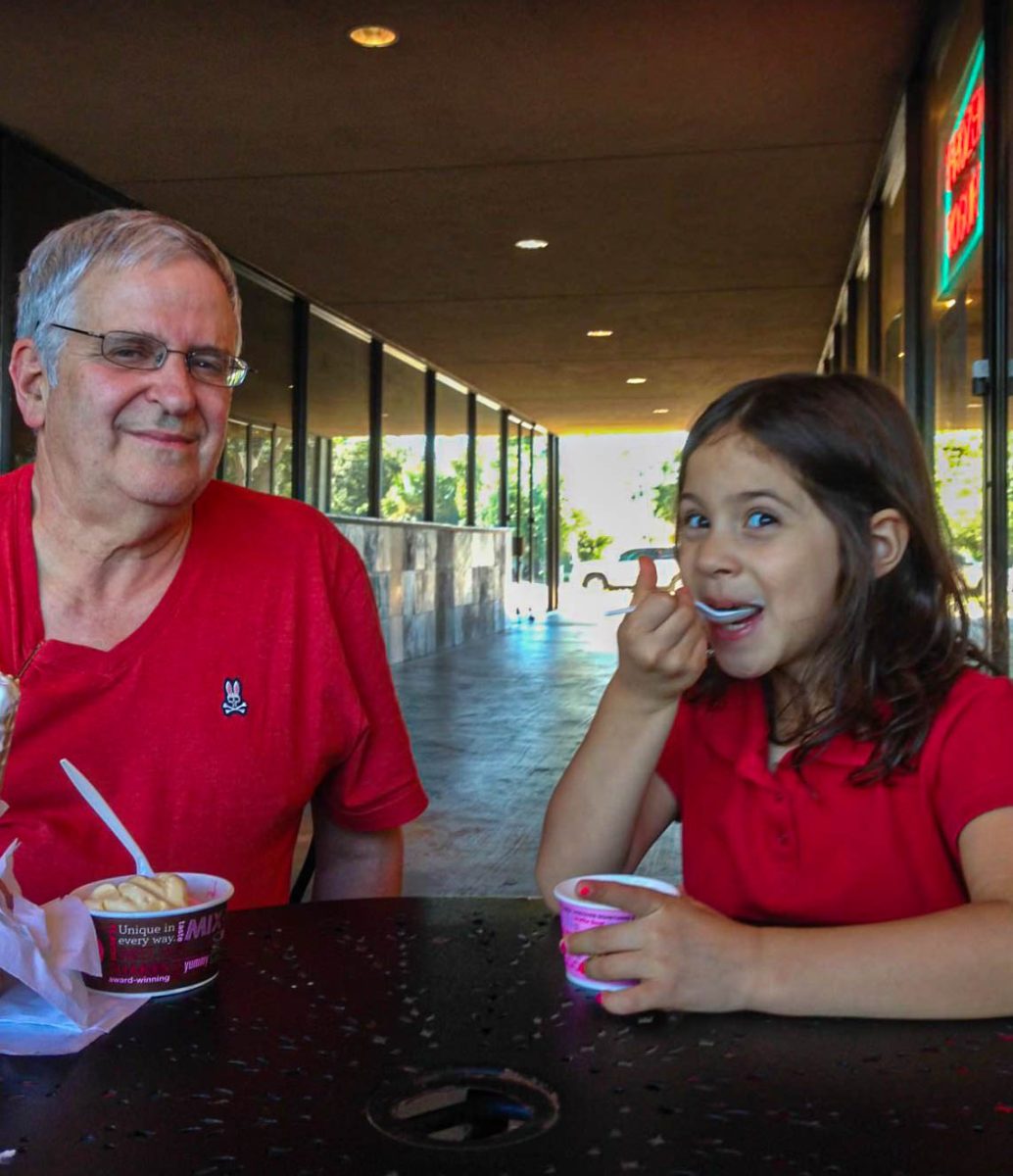
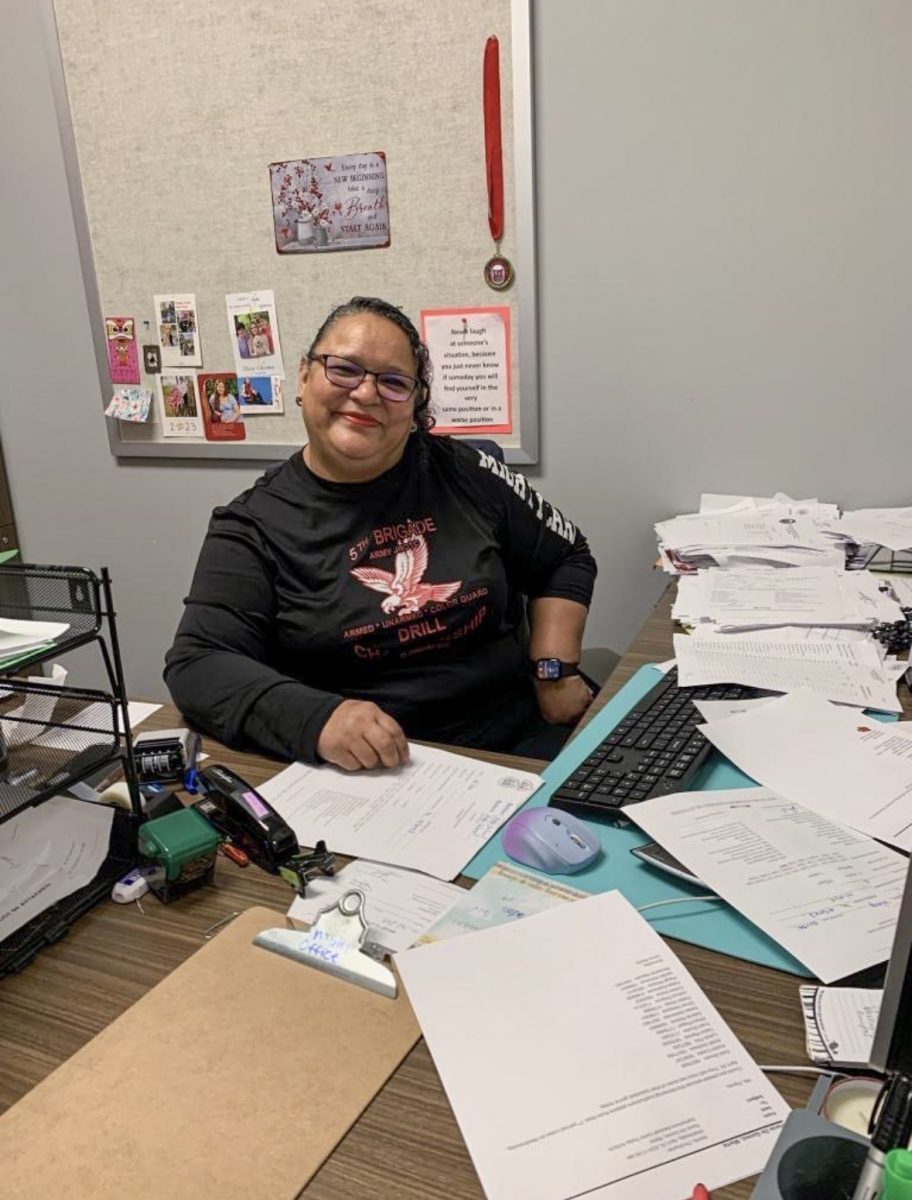



Cindy Tint • Feb 21, 2025 at 12:02 pm
I love this story Dhara! It’s super informative and I learned a lot.